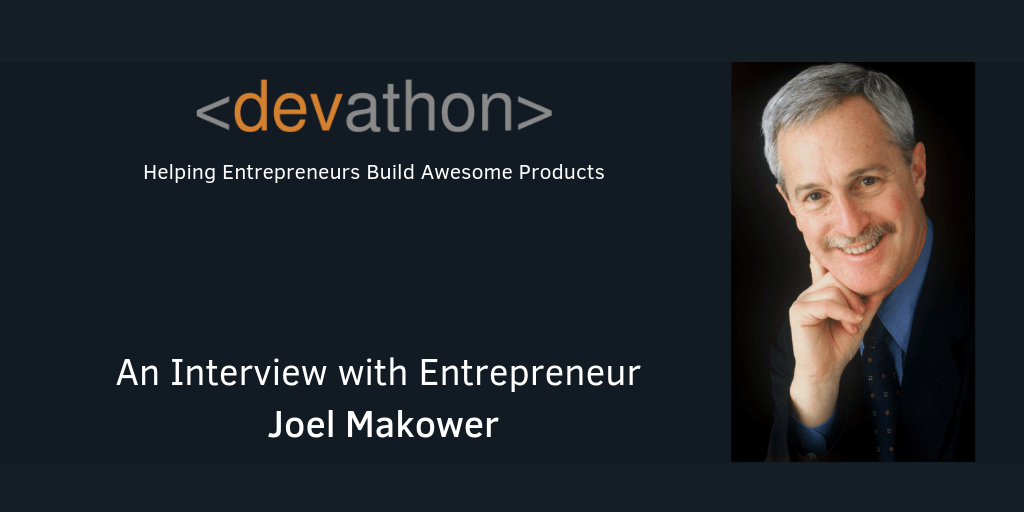On the cutting edge, it’s easy to get caught up in behavior that is trendy. Here’s why you should break from the mold when it comes to these four trends in Silicon Valley.
Silicon Valley is celebrated as the land of innovators, people born with a penchant for outside-the-box thinking and a history of ditching trends. Yet for all our talk of “disruptors” and “thunder lizards,” most people in Silicon Valley are still susceptible to herd mentality. Trends dominate the thinking here as much as anywhere, influencing which startups get funded and which entrepreneurs are considered most likely to succeed.
Shouldn’t we, as the world’s leading innovators, be challenging those trends instead? Here are four of the most pernicious Silicon Valley mantras about innovation worth challenging:
1. “NETWORK FOR SUCCESS”
Networking at the right times can make or break your startup. If you want to succeed, it’s probably a good idea to put yourself out there, meet key people in your space, and close some solid deals. But how much is too much?
It often feels that Silicon Valley is engaged in a collective networking arms race, each one of us trying our best to out-network the other. With the endless stream of conferences, cocktail mixers, launch parties, and social media gossip, it’s easy to fool yourself into thinking that non-stop networking will lead your company to success.
But networking alone won’t build a disruptive company.
As Jessica Livingston, co-founder of Y Combinator and author of Founders at Work recently said, “Quiet, determined people tend to win over the ‘scenesters’ who usually do nothing but talk.”
This might be because true innovation requires deep, focused thought on the problem you’re trying to solve.
The Takeaway: Being “always on” can become a distraction, and an excuse for not prioritizing. Networking is important, but it’s just as important to carve out time to focus on building your business.
2. “GO BIG OR GO HOME”
It often seems these days that nothing short of a billion-dollar exit (or better yet, $19 billion) is considered a legitimate success in Silicon Valley. Entrepreneurs are told that if they aren’t “thinking big,” then they might as well not even bother trying.
To raise money in the Valley, you have to tell a story, realistic or not, about how your company is going to take over the world. You aren’t taken seriously unless you are planning to “disrupt” your industry.
But the reality is that many of the world’s most successful founders didn’t set out to make a billion dollars; rather, they relentlessly pursued their own unique, and often seemingly crazy, personal passions.
Companies like Pandora, which started as the Music Genome Project in 1999 and sought to “capture the essence of music at the fundamental level.” Or Dropbox, which Drew Houston founded to solve his own personal problem of continually forgetting his USB drive.
The Takeaway: It’s not the size that counts. Entrepreneurs should pursue their passions, regardless of how big the opportunity may seem at the outset.
3. “SLEEP IS A WASTE OF TIME”
You rarely hear a founder bragging about maintaining a schedule that allows for a consistent eight hours of sleep per night. Indeed, being able to subsist on little sleep is often treated as a badge of honor among entrepreneurs.
But the truth is that only 5 percent of humans are actually able to maintain proper brain function on six hours of sleep per night. That means the rest of us are operating our businesses in impaired mental states—we’re basically drunk on the job, all the time. Why is this type of irresponsible management celebrated?
A founder’s most important job is to make good decisions, and getting enough sleep significantly improves a founder’s ability to do so.
In fact, Sendhil Mullainathan, a behavioral economist at Harvard, believes that the impact of sleep deprivation on our decision-making abilities is so significant that the U.S. GDP would experience a serious boost if we all just got more sleep.
The Takeaway: Getting enough sleep is the marker of a founder who understands the importance of good decision-making and is adept at managing her time.
4. “COLLEGE IS FOR LOSERS”
Walk into any cafe or co-working space in San Francisco, and you are likely to see a smattering of bushy-tailed college dropouts pursuing their startup dreams. Indeed, actually graduating from college can seem almost as lame as going to business school these days. Only wantrepreneurs do that!
There is no doubt that MOOCs and other online learning tools are making traditional education obsolete, and that universities will need to adapt in order to stay relevant.
But that doesn’t mean that dropping out of college is for everyone, or that you can’t build a successful startup if you decide to first get a degree or two, especially if you are gaining knowledge in an area that you are deeply passionate about.
Certain types of innovation—particularly in the sciences—require years of intense study and work in well-funded labs, and the university setting is still one of the best places to do that today.
Take, for example, startups in the area of genetics and synthetic biology, like Genome Compiler and Counsyl, or big data startups, like Ayasdi or Palantir — and of course, Google. These companies were all founded by people who had completed, or were in the process of earning, their PhDs. Stanford even recently started an initiative to help PhDs become entrepreneurs.
College might not be necessary for innovation, but the pursuit of knowledge remains paramount.
The Takeaway: The best path to success is to pursue your intellectual passions, wherever they may lead.
As with most trends, there is undoubtedly some truth that lies behind much of the collective wisdom that drives Silicon Valley, and even we as the authors of this piece find ourselves agreeing with some of these trends.
Prerna, for example, doesn’t plan to send her kids to college, and Shruti swears she’s one of the 5% that need only six hours of sleep. But we also recognize the role that the breadth and depth of a college education has played in shaping our own perspectives, the sharpness with which we’re able to make decisions after a good night’s rest, and the creative insights we have in those moments of quiet reflection when we take time to step away from the hustle and bustle of the Silicon Valley scene.
Above all, we believe founders by their nature should always be asking questions and pushing Silicon Valley to remain a place that celebrates diversity in behavior, background, and creed.
What are some trends you think are worth challenging?
This post has been co-authored by Prerna Gupta. She is a serial entrepreneur and an angel investor. Prerna has been honored as FastCompany’s Most Creative People In Business and Most Influential Women in Technology. She has written for publications like TechCrunch, New York Times and Forbes.
Published originally at Fast Company





